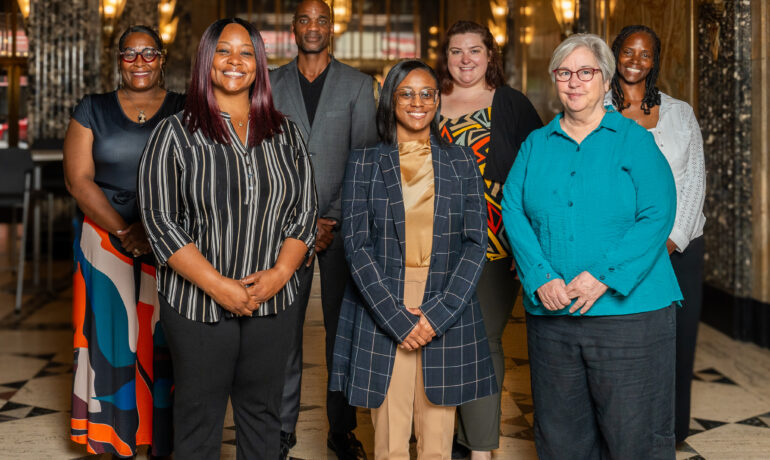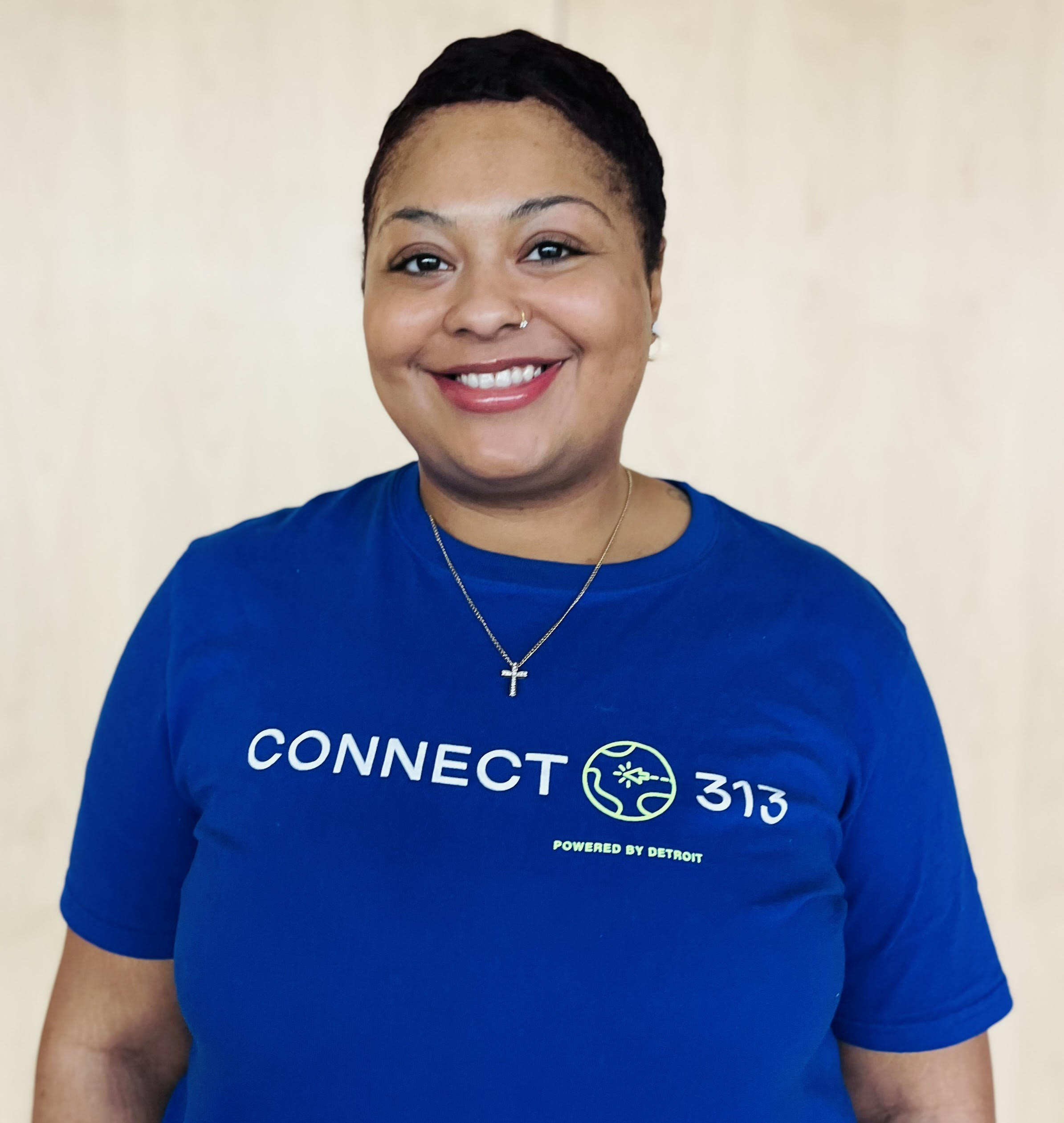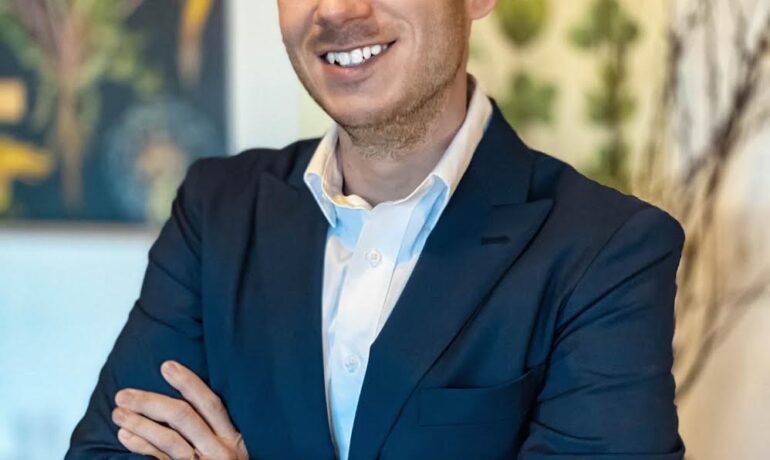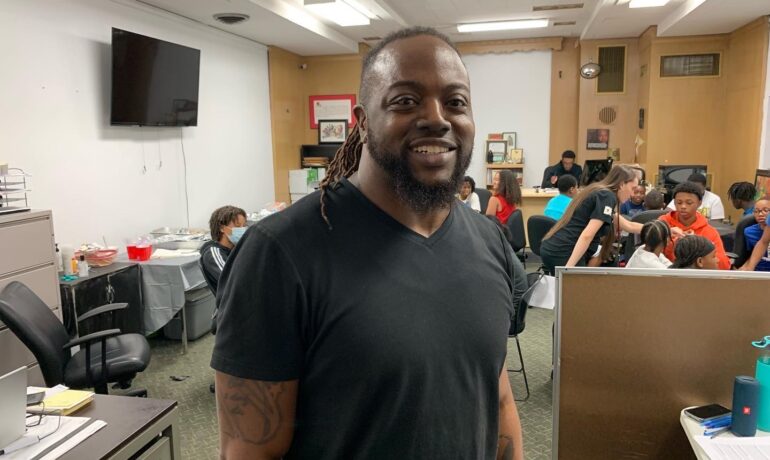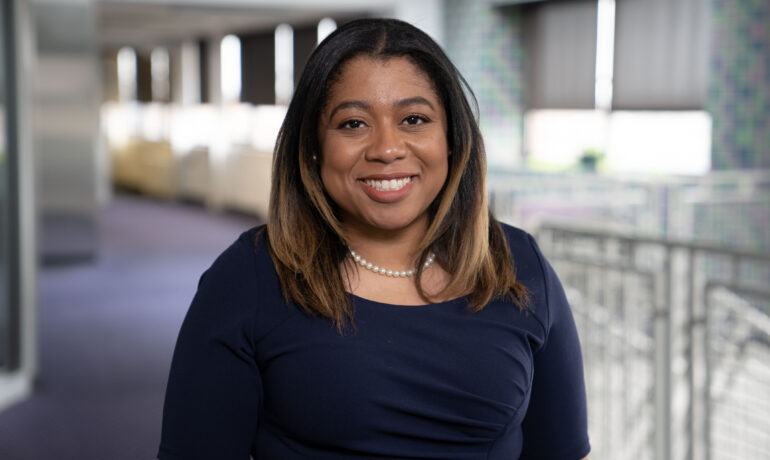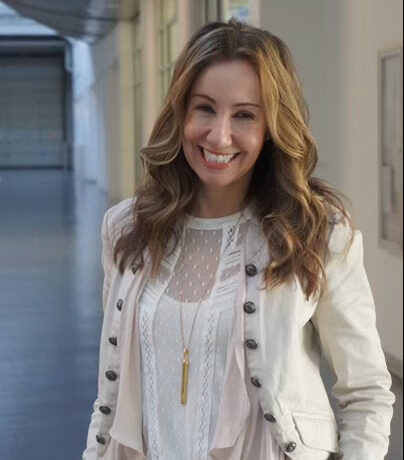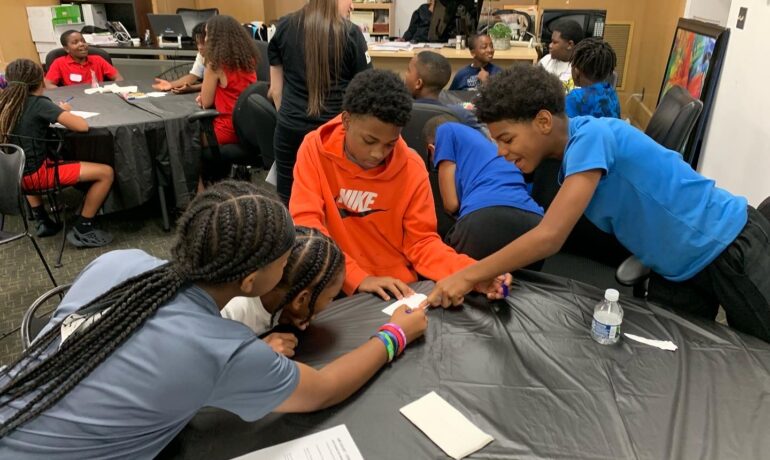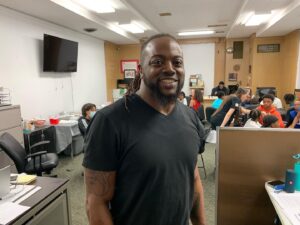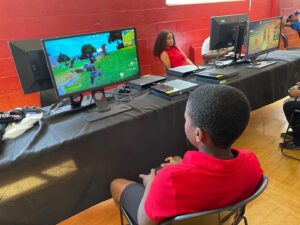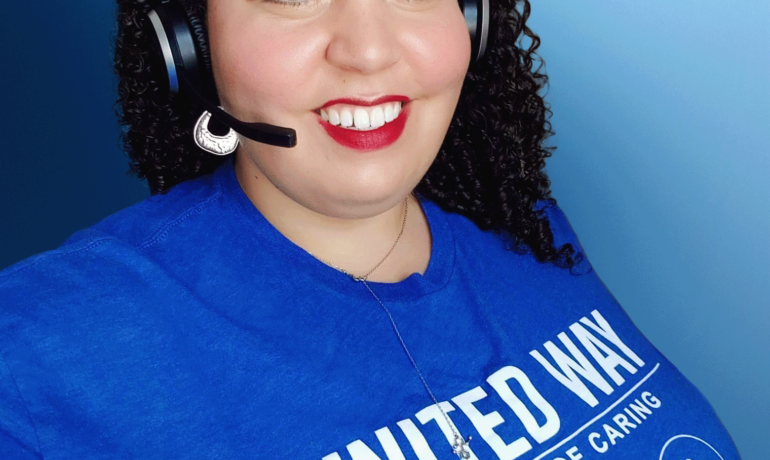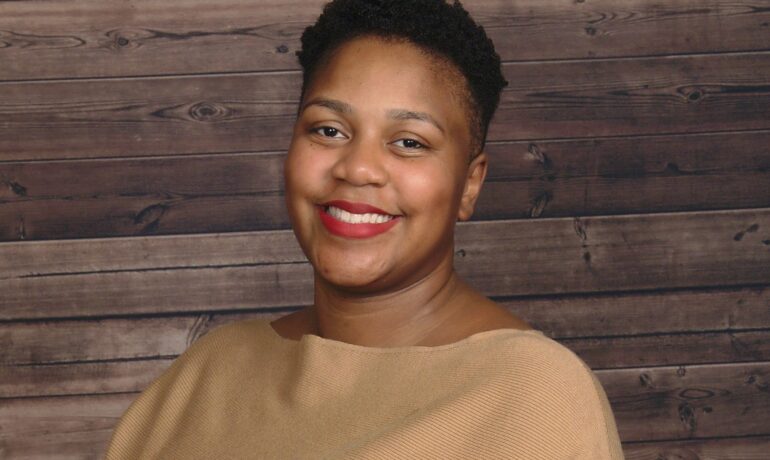Connect 313 Names Eight Neighborhood Technology and Resource Hubs, adding New Digital Skills Curriculum
Connect 313 Names Eight Neighborhood Technology and Resource Hubs, adding New Digital Skills Curriculum
Connect 313 is pleased to announce it has relaunched and funded eight tech hubs as
Neighborhood Technology and Resource Hubs across Detroit’s seven districts, adding a robust digital skills curriculum.
The Accenture Learning Exchange Portal, a professional development skills training
platform, will be offered at each of the Neighborhood Technology and Resource Hubs listed below. The hubs are located within established community organizations including Cody Rouge, MACC Development, Eastside Community Network, and more. (See a full list below.)
The Accenture platform is a self-paced learning module providing digital literacy and
workforce-readiness training for Detroit residents. Once residents have registered for
the training at a tech hub, they can continue the program anywhere they have access to a computer and internet. Courses include: Computer and Internet Basics, Career
Assessment, Resume Building, Healthcare Customer Service and Communications,
and other foundational online and computer basics.
“Through these Neighborhood Technology and Resource Hubs, we are providing
Detroiters a sustainable pathway to the digital world and all the educational,
employment, and healthcare opportunities it brings,” said Tonya Adair, United Way for Southeastern Michigan’s Chief Development, Diversity and Engagement Officer. “We are proud to be a longtime collaborator, working to bridge the digital divide in Detroit and overseeing this important effort.”
United Way for Southeastern Michigan is supporting a team of community ambassadors who staff the technology hubs and help deliver the Accenture curriculum, in addition to providing classes, devices, internet access, and tech support. Combined with the City of Detroit’s nine certified tech hubs (click this link for a map), this brings the number of Detroit technology hubs to 17 locations where Detroiters can receive the access and technology support they need and deserve.
The eight Connect 313 Neighborhood Technology and Resource Hubs include:
District 1 – Brilliant Detroit – Brightmoor: (K-12 resource) 15509 Heyden, Detroit
48223, 313-326-4966, brilliantdetroit.org/brightmoor
District 2 – LIVE6 Alliance: 7426 W. McNichols, 48221, 313-578-0304
live6detroit.org
District 3 – Osborn Neighborhood Alliance &; Matrix Human Services: 13560 E. McNichols 48205, 313-344-6190, liveinosborn.com
District 4 – Eastside Community Network: 401 Connor Street, 48215, 313-571-2800, ecn-detroit.org
District 5 – MACC Development: 7900 Mack Avenue, 48214, 313-732-9302
maccdevelopment.com
District 5 – Bailey Park Neighborhood Development Corporation: 2617 Joseph
Campau Detroit, MI 48207, 313-414-3680, baileyparkndc.org
District 6 – Bridging Communities: 6900 McGraw Ave, Detroit, MI 48210, 313-
361-6377, bridgingcommunities.org
District 7- Cody Rouge: 19321 W Chicago, Detroit, MI 48228, 313-397-9280
codyrouge.org
“At Brilliant Detroit, two of the principles that guide our work are meeting people where they are and providing them with the tools and support needed to achieve their dreams,” said Cindy Eggleton, Brilliant Detroit’s co-founder and CEO. “Our lives are increasingly online and not having access to a computer or the internet can be a hindrance. That is why we are so grateful to partner with Connect 313. Truly they are listening and providing what is needed.”
Connect 313 is an ongoing partnership between United Way for Southeastern Michigan, Rocket Community Fund, and the City of Detroit, with additional collaborators including Accenture, Black Tech Saturdays, and Human I-T.
Since its inception in 2020, Connect 313 has served more than 29,000 residents
through its network of tech hubs, providing 352 workstations with broadband internet and high-quality devices across Detroit’s seven districts. As a result of these efforts and more, Detroit has grown from being the least connected city in 2020 to a city with a nationally recognized digital inclusion model that’s making an impact.

